hotline:020-29026320 |13903018415
-
-
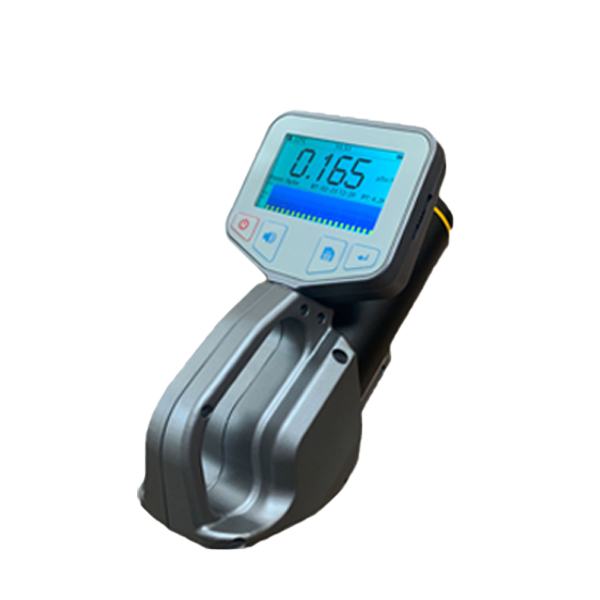
Radiation detection instrumentation
-
HYGP-2223 exposure type X, γ radiation measuring instrument
-
HYGP-2223BX, gamma dose rate meter (with tripod)
-
FI-329M intelligent household nuclear radiation detector
-
HY-2000M digital multi-channel gamma spectrometer
显示更多 -
-
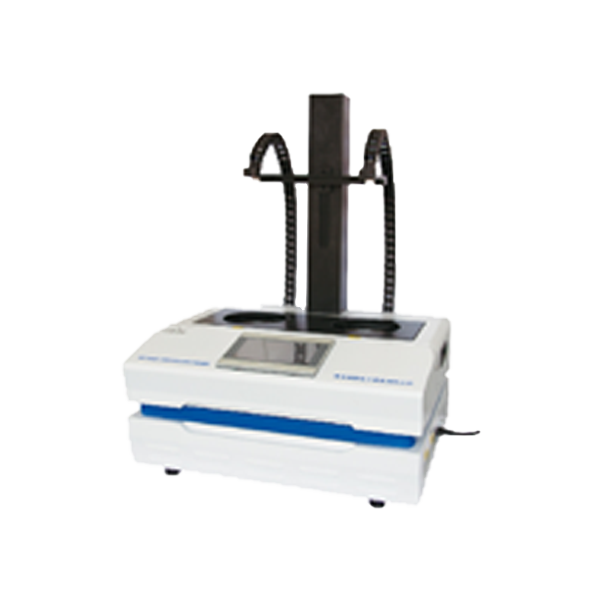
Laboratory Equipment
-
Radioactive distillation apparatus in water
-
2200Q portable turbidity meter
-
SPE Solid Phase Extraction Device
-
Portable spectrophotometer
显示更多 -
-
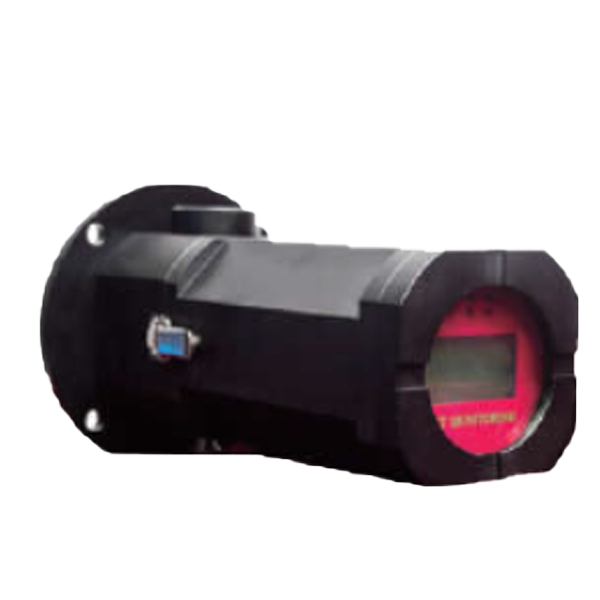
Portable environmental monitoring equipment
-
VOCs gas analyzer
-
Portable handheld VOC detector
-
Portable all-in-one multi-parameter analyzer
-
Dust detector
显示更多 -
-
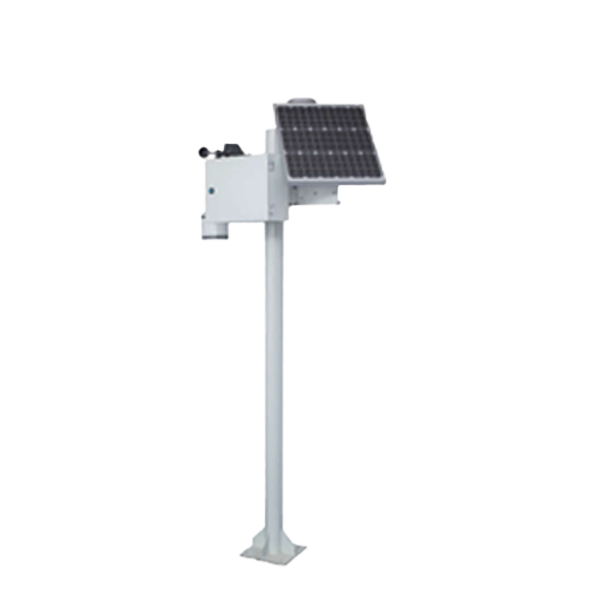
Environmental online monitoring system
-
CM-WG8200 grid air quality detection system
-
On-line monitoring system for CM-VOCs-5000 volatile organic compounds
显示更多 -
-
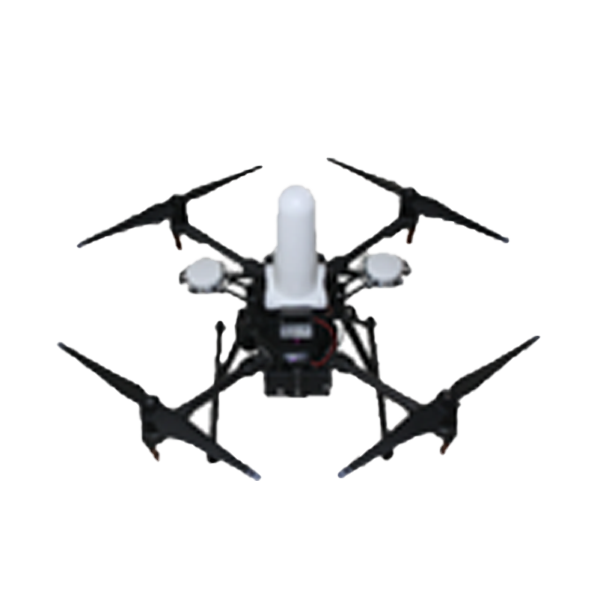
UAV Online Environmental Monitoring
-
OS-2 UAV Electromagnetic Environment Monitoring System
-
Nuclear emergency radioactive source search UAV
-
UAV Monitoring System
显示更多 -
-
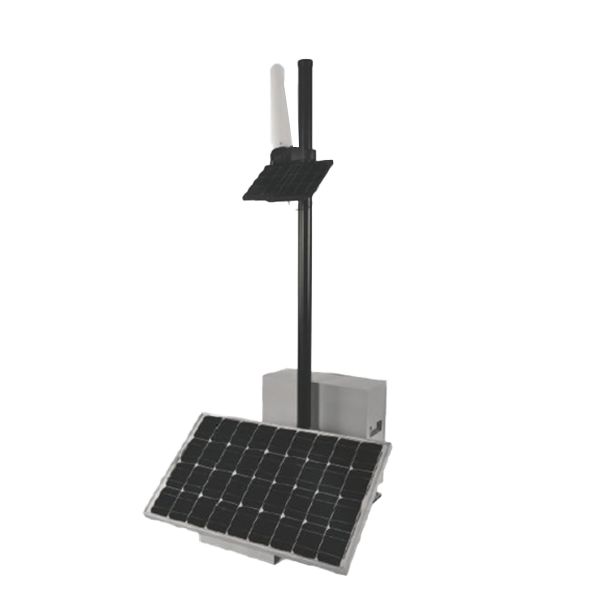
On-line Monitoring System of Electromagnetic Radiation
-
On-line Monitoring System of Electromagnetic Radiation
-
Automatic Monitoring System of HYEH460 Electromagnetic Radiation
-
HY-900A launch type radiation environment automatic monitoring station
-
OS-8 S Frequency Selective Electromagnetic Environment Online Monitoring System
显示更多 -
-
Navigating Common Questions About Laboratory Equipment
2025-08-15
Understanding Laboratory Equipment: A Friendly Guide
When it comes to scientific exploration, the right laboratory equipment can make all the difference! But, let's be real—navigating through the maze of tools and gadgets can be a bit daunting. Fear not! We're here to shed some light on your burning questions and help you feel more at ease in your lab environment.
What is Laboratory Equipment Anyway?
At its core, laboratory equipment refers to the various tools and devices that scientists use to conduct experiments and analyses. Think beakers, test tubes, and pipettes—oh my! These tools are essential for everything from mixing chemicals to measuring precise quantities. But, there's so much more!
Common Types of Laboratory Equipment
So, what's the scoop on the different types of laboratory equipment? Here's a quick rundown:
- Glassware: Beakers, flasks, and test tubes—oh my! These are fundamental for any lab.
- Measuring Devices: Balance scales, pipettes, and spectrophotometers are key to getting accurate results.
- Heating Devices: Bunsen burners and hot plates are what you need to get your reactions bubbling.
- Safety Gear: Goggles, gloves, and lab coats—don't forget to protect yourself!
Why Is Proper Use Important?
Ah, the age-old question: why bother with proper use? Well, using laboratory equipment correctly ensures that your experiments yield trustworthy results. Missteps can lead to faulty data, safety hazards, and, let's be honest, a whole lot of frustration. So, always read the manual and follow those safety protocols!
Common Questions About Laboratory Equipment
Okay, let's dive into some frequently asked questions that often bubble up in the lab!
1. How Do I Maintain My Equipment?
Great question! Maintenance is key to longevity. Regularly clean your glassware, calibrate your devices, and always store everything properly. A little TLC goes a long way, trust us!
2. What Should I Do If Something Breaks?
Oops! Accidents happen. If you break a piece of laboratory equipment, first ensure your safety. Clean up any glass shards carefully, report the damage, and if needed, replace it. Remember, it's better to be safe than sorry!
3. Can I Use Household Items in the Lab?
While it might be tempting to don your kitchen tools for a quick experiment, proceed with caution! Household items may not be designed for scientific use and can lead to inaccurate results or safety issues. Stick to the lab-approved gear whenever possible.
The Importance of Safety
Let's not forget about safety! When working with laboratory equipment, wearing the right gear is paramount. Always don your goggles and gloves, and familiarize yourself with the location of safety equipment like fire extinguishers and eye wash stations. You never know when you might need them!
Wrapping It Up!
In short, understanding and properly using laboratory equipment is crucial for any aspiring scientist. With the right knowledge and a little bit of practice, you'll be well on your way to conducting successful experiments. So, roll up your sleeves, get your lab coat on, and dive into the fascinating world of science!
Happy experimenting!
Previous Page:

COOKIES
Our website uses cookies and similar technologies to personalize the advertising shown to you and to help you get the best experience on our website. For more information, see our Privacy & Cookie Policy
COOKIES
Our website uses cookies and similar technologies to personalize the advertising shown to you and to help you get the best experience on our website. For more information, see our Privacy & Cookie Policy
These cookies are necessary for basic functions such as payment. Standard cookies cannot be turned off and do not store any of your information.
These cookies collect information, such as how many people are using our site or which pages are popular, to help us improve the customer experience. Turning these cookies off will mean we can't collect information to improve your experience.
These cookies enable the website to provide enhanced functionality and personalization. They may be set by us or by third-party providers whose services we have added to our pages. If you do not allow these cookies, some or all of these services may not function properly.
These cookies help us understand what you are interested in so that we can show you relevant advertising on other websites. Turning these cookies off will mean we are unable to show you any personalized advertising.
online message
Telephone:13903018415(Manager Wang)
Business: 020-29026320
E-mail:wangxueli@haiyoukj.com
Address: Room 703, Tian 'an Innovation Building, Panyu Energy Saving Science Park, 555 Panyu Avenue North, Donghuan Street, Panyu District, Guangzhou

Sweep code attention

